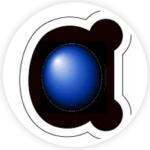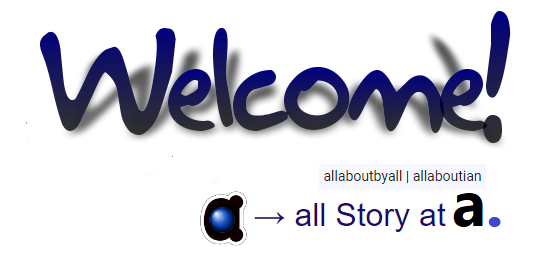Astrology vs. Astronomy: The History and Differences
Read Time: 4 minutes
In ancient times, the studies of astrology and astronomy intertwined. Astrology meant “the practical application of the (medieval) art or science of astronomy,” according to the Oxford Dictionary. Astronomy referred to the act of classifying the stars. Before the 16th century, astrology was the practical science. However, during the “Age of Reason” astronomy was no longer considered theoretical, but an actual field of study. Astrology is now considered a pseudoscience as it cannot be proven scientifically. However, the astrology vs. astronomy debate still continues to this day.
Try Adsterra Earnings, it’s 100% Authentic to make money more and more.

The evidence of astrology’s existence is usually through testimonies of people who believe in the power that celestial bodies have on the fate of humankind. Astrologers look to the 12 signs of the Zodiac to gain insight into people’s lives, relationships, and careers. Astronomers, meanwhile, study the universe and try to understand how it works. These scientists study the planets, stars, galaxies, black holes and more using advanced mathematics, computer science, and physics.


The History of Astrology
The birth of astrology has Babylonian beginnings as the ancient people used the placement of the celestial bodies to predict natural events and the seasons. As the Greeks and Romans adopted the study, the science expanded to include weather predictions, natural disasters, and war. Eventually, royalty used astrology as counsel before going into battle.
Early astrologers realized it took twelve lunar cycles to orbit around the sun, so they split the year into twelve constellations. Seasons and weather patterns coincided with certain star groups.
You may recognize the following Zodiac signs:
Aries
Sagittarius
Leo
Cancer
Scorpio
Pisces
Libra
Aquarius
Gemini
Capricorn
Taurus
Virgo
People began to rely on astrology to predict their lives including their strengths and weaknesses, relationships, careers, and money. Additionally, astrologers separated the zodiac signs are into four “houses” of water, fire, air and earth. Then, astrologers created horoscope star charts based on these twelve signs and four categories to interpret meanings for people’s day-to-day lives and personalities.
Each house, as well as each planet, was given character traits shared by the people born under that particular sign. For example, affection tied to Venus. In Roman mythology, Venus was the Goddess of Love and Fertility. If an individual’s sign moved into Venus, then the astrologer may interpret that the person will fall in love or have an increased chance of becoming pregnant during this time.
The Emergence of Astronomy as a Science
Well-known astronomers such as Tycho Brahe, Johannes Kepler, and Galileo Galilei studied the universe with instruments such as the astrolabe and simplistic telescopes. For example, Galilei discovered Jupiter’s moons, the phases of Venus and the observance of sunspots. These discoveries combined with the scientific revolution and the invention of accurate timekeeping meant astrology’s application as a field of credible science began to wane.
Sir Isaac Newton discovered the optics that eventually led to the reflecting telescope. He also discovered that the planets worked in accordance with the same physical laws found on Earth. This wasn’t the only discovery to challenge the accuracy of astrology. Another astronomer, Edmund Halley, also debunked the notion that comets were signs of doom and instead, he proved comets traveled in a predictable orbit around the sun. The increases in discoveries by notable astronomers lead people to discredit astrology. During this period astrology started its transition from science to pseudoscience in the public eye.
Today multiple subfields astronomers study across the globe. These include observational astronomers who peer through telescopes to study planets, stars, and galaxies. Theoretical astronomers analyze theories on the beginnings of the universe.
Astrophysicists study the physics behind the universe. Stellar astronomers focus their studies on the stars while galactic astronomers study the structure of distant galaxies. Cosmologists study the origins and evolution of the universe as a whole.
The science of astronomy is continuing to broaden and grow with new technological advancements.
Astrology vs. Astronomy Today
Today, both astrology and astronomy use computer science, although in different ways. Astrologers use computers to create and design star charts to make horoscope predictions. Astronomers use computer science to map areas of the universe and theorize the components of stars and planets.
Today astrology focuses mainly on what celestial bodies can predict regarding people’s personalities and lives as well as events using star charts and anecdotal evidence. When you read your horoscope, you may find details describing your character traits or a particular situation. Many people still use astrology counsel before making critical decisions.
Astronomy as a scientific study uses scientific evidence to confirm theories regarding details of the universe and its origins. The science is evolving constantly as new technologies help astronomers learn more and work with other fields of study to explore nearby planets, far-away stars, and other galaxies.
Whether you believe in astrology or not, both disciplines leave students with the same sensation of feeling small in this expanding and infinite.


Related
More Story on Source:
*here*
Astrology vs. Astronomy: The History and Differences
Published By







